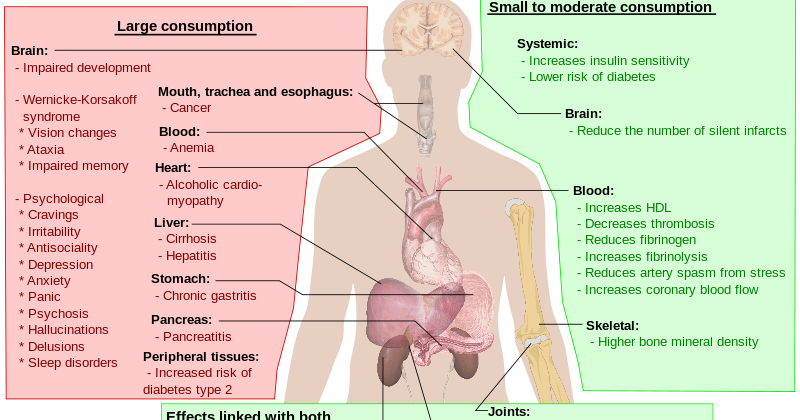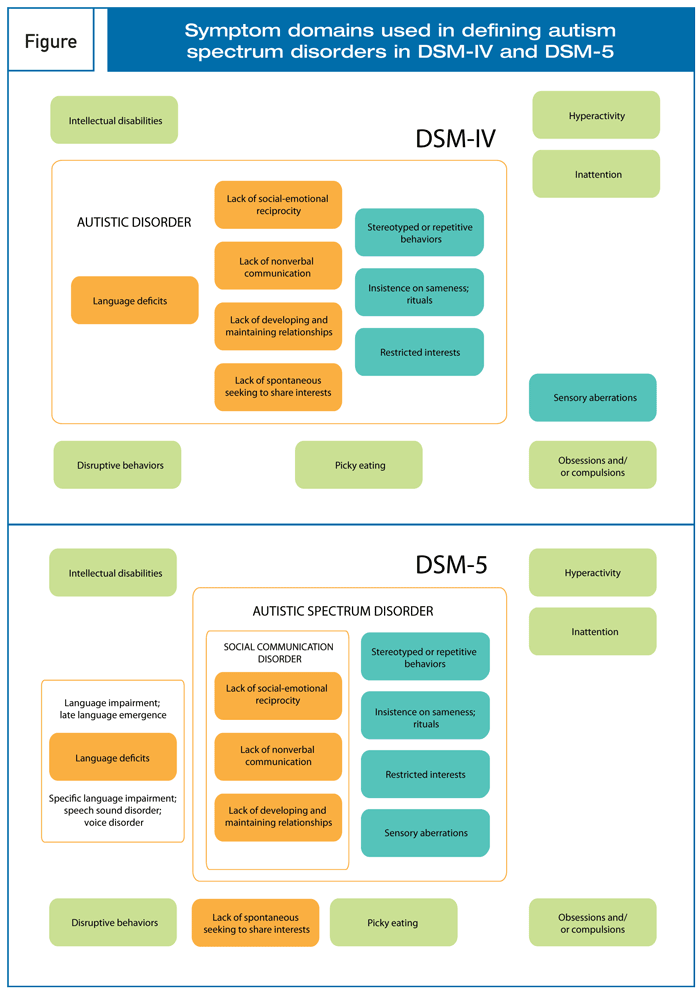Symptoms of munchausen
Munchausen syndrome: Symptoms, Treatment & Definition
Overview
What is Munchausen syndrome (factitious disorder imposed on self)?
Munchausen syndrome (also known as factitious disorder imposed on self) is a mental health disorder where you falsify, exaggerate, or induce physical, emotional or cognitive disorders.
People with factitious disorders act this way because of an inner need to be seen as ill or injured, not to achieve a concrete benefit, such as getting medications or financial gain. This is distinguishable from malingering which is where someone exaggerates or fakes an illness to, for example, get out of work.
If you have Munchausen syndrome, you may undergo painful or risky medical tests and operations in order to get the sympathy and special attention given to people who are truly ill. You may secretly injure yourself to cause signs of illness. You may add blood to your urine, or use a rubber band to cut off circulation to a limb. Some people will cut or burn themselves, poison themselves, reopen wounds, rub feces or dirt into a wound to cause infection, or eat food contaminated with bacteria.
Munchausen Syndrome is named after Baron von Munchausen, an 18th century German officer who was known for embellishing the stories of his life and experiences. Most symptoms in people with this disorder are related to physical illness — symptoms such as chest pain, stomach problems, or fever — rather than those of a mental disorder. While some symptoms are self-imposed, others are exaggerated. For example, you may embellish symptoms about vision loss, seizures, joint pain, headaches, weakness, vomiting and diarrhea.
How common is Munchausen syndrome? Who is likely to get Munchausen syndrome?
Obtaining accurate statistics is difficult because of the dishonesty. In addition, people with this disorder tend to seek treatment at many different healthcare facilities, which causes misleading statistics. However, in a National Hospital Discharge Survey in 2013 there were 6.8 cases of a factitious disorder per 100,000 patients. It is unclear how many of those patients had Munchausen syndrome, specifically.
Researchers have noted that females who work in the healthcare community are most likely to have Munchausen syndrome. You’re at risk if you have borderline or histrionic personality traits or disorders.
What is the difference between Munchausen syndrome and Munchausen syndrome by proxy?
Munchausen syndrome by proxy (also known as factitious disorder imposed on another) is where you act like the person you’re caring for (a child, a disabled individual, or an older person, for example) has a physical or mental illness while the person is not actually sick. This is a form of child or elder abuse.
Munchausen syndrome is pretending you have an illness. By proxy is pretending your dependent has an illness.
What is Munchausen syndrome by internet?
The online community has groups for people with physical and mental/emotional health issues. They’re meant to be a safe place where people who have a disorder can come together and discuss their difficulties, share tips and provide support. Examples of support groups include those for leukemia patients, cancer patients and cystic fibrosis patients.
Examples of support groups include those for leukemia patients, cancer patients and cystic fibrosis patients.
Sometimes people join the groups and pretend to be sick. If you have Munchausen syndrome by internet, you might do the following:
- Say you have symptoms that are far more severe than anyone else’s.
- Claim to have nearly died and had a miraculous recovery.
- Paste information copied from a health website into your posts.
- Contradict yourself.
- Lie about what hospital you attend, what medicines you take, etc.
- Claim to have something dramatic going on in your life, repeatedly. You may lie about being the victim of crime, or a loved one’s death, etc.
- Try to get the focus back on you when someone else in the group is getting attention.
- Pretend to be blasé or nonchalant (unconcerned or carefree) about your symptoms.
- Pretend to be someone else posting on your behalf. You might claim to be a partner, parent or friend reporting on your symptoms.

If you do this and get caught, this can have a negative impact on the community. The members feel betrayed and angry and may leave the group, losing out on the support that they need.
Symptoms and Causes
What causes Munchausen syndrome?
The exact cause is not known, but researchers believe psychological factors play a role in the development of this syndrome. Some theories suggest that a history of abuse or neglect as a child, or a history of frequent illnesses requiring hospitalization, might be factors associated with the development of this syndrome. Other triggers might be experiencing the death of a loved one at a young age and abandonment. Researchers are also studying the possible link with personality disorders, which are common in these individuals.
Is Munchausen syndrome hereditary?
Research does not show a link between Munchausen syndrome and genetics.
What are the symptoms of Munchausen syndrome?
If you have Munchausen syndrome, then you deliberately produce or exaggerate symptoms in several ways. You may lie about or fake symptoms, hurt yourself to bring on the symptoms, or alter diagnostic tests (such as contaminating a urine sample). Possible warning signs of Munchausen syndrome include the following:
You may lie about or fake symptoms, hurt yourself to bring on the symptoms, or alter diagnostic tests (such as contaminating a urine sample). Possible warning signs of Munchausen syndrome include the following:
- Dramatic but inconsistent medical history. Unclear symptoms that are not controllable and that become more severe or change once treatment has begun.
- Problems with identity and self-esteem.
- Predictable relapses following improvement in the condition.
- Extensive knowledge of hospitals and/or medical terminology, as well as the textbook descriptions of illnesses. Medical knowledge may be quite extensive from many hospitalizations, or from a prior job.
- Presence of multiple surgical scars.
- Appearance of new or additional symptoms following negative test results.
- Presence of symptoms only when the patient is alone or not being observed (e.g. seizures or passing out).
- Willingness or eagerness to have medical tests, operations, or other procedures.
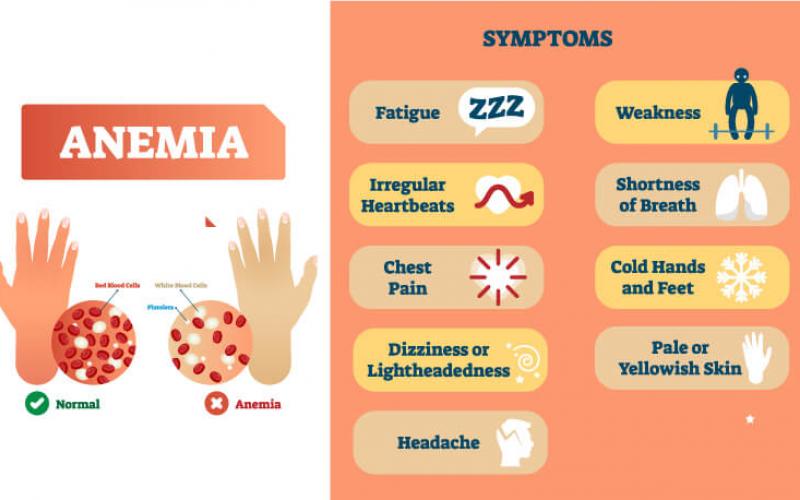 More comfortable being in the hospital than you might think.
More comfortable being in the hospital than you might think. - History of seeking treatment at numerous hospitals, clinics and doctors' offices, possibly even in different cities.
- Reluctance by the patient to allow healthcare professionals to meet with or talk to family, friends, or prior healthcare providers.
Some individuals may put blood in their urine, inject themselves with feces, rub dirt into their IV lines, or put tight rubber bands around an arm or leg. They may pretend to swallow their medications but store them in their cheeks and spit them out later. Deliberate dehydration has also been observed.
Diagnosis and Tests
How is factitious disorder imposed on self (Munchausen syndrome) diagnosed?
Diagnosing is very difficult because of the dishonesty and multiple health care providers involved. Healthcare providers must rule out any possible physical and mental illnesses, and often use a variety of diagnostic tests and procedures before considering this diagnosis.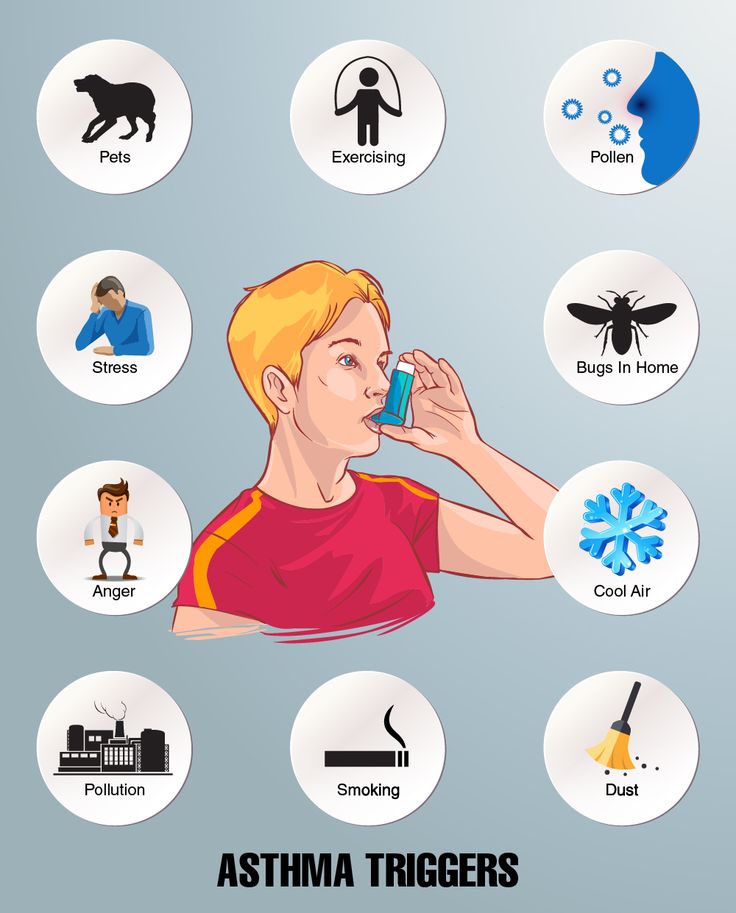
If your healthcare provider finds your symptoms medically unexplainable, he or she might refer you to a psychiatrist or psychologist — mental health professionals who are specially trained to diagnose and treat mental illnesses. Psychiatrists and psychologists use a thorough medical history, physical history, laboratory imagery and psychological assessment tools to evaluate. Your healthcare provider bases his or her diagnosis on the exclusion of actual physical or other psychiatric disorders and his or her observations of your attitude and behavior. However, personality concerns are prominent and can make it that much more confusing to sort out what’s real and what isn’t. If you are hospitalized, you may work with a variety of healthcare providers to help determine a comprehensive care plan.
Your healthcare provider then determines if your symptoms compare to the criteria as outlined in the Diagnostic and Statistical Manual of Mental Disorders, Fifth Edition (DSM-5), which is the standard reference book for recognized mental illnesses in the United States.
Management and Treatment
How is Munchausen syndrome treated?
If you have this syndrome, you actively seek treatment for various disorders, and you’re also often unwilling to admit to and seek treatment for the syndrome itself. This makes treating this syndrome very challenging, and the outlook for recovery poor. If caretakers can protect you from self-harm and educate you about the consequences that can occur, it may be helpful. Trying to reduce your care through only one physician, or two working closely together (psychiatrist and internist, for example), is also suggested.
When treatment is sought, the first goal is to modify your behavior and reduce your misuse or overuse of medical resources. Once this goal is met, treatment aims to work out any underlying psychological issues that might be causing your behavior or help you find solutions to other social needs.
The primary treatment for Munchausen syndrome is psychotherapy (a type of counseling).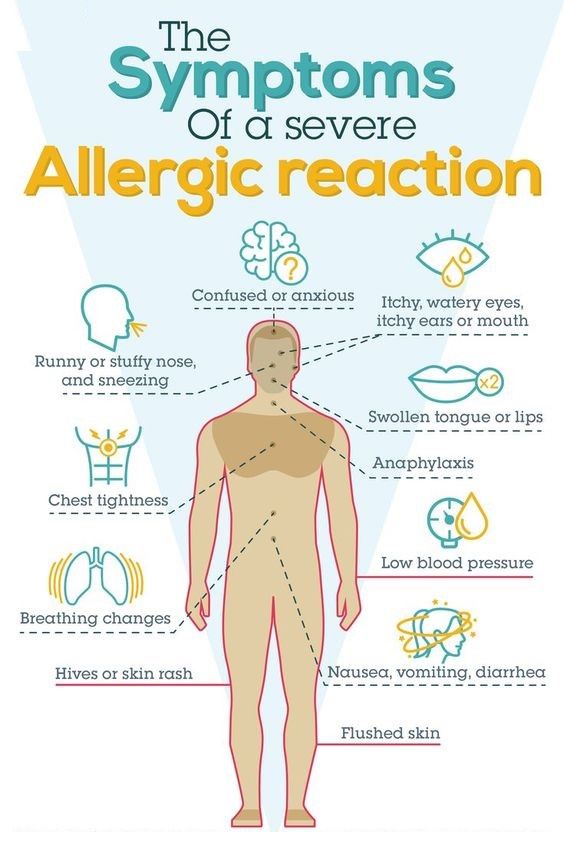 Treatment will focus on changing your thinking and behavior (cognitive-behavioral therapy). Family therapy also might be helpful in teaching your family members more about Munchausen Syndrome. Group therapy may reduce feelings of isolation or feelings that no one cares for you. There are no antidepressant or antipsychotic medications known to be helpful.
Treatment will focus on changing your thinking and behavior (cognitive-behavioral therapy). Family therapy also might be helpful in teaching your family members more about Munchausen Syndrome. Group therapy may reduce feelings of isolation or feelings that no one cares for you. There are no antidepressant or antipsychotic medications known to be helpful.
What medicines may help with Munchausen syndrome?
There are no medicines to treat factitious disorders themselves. Medicine might be used, however, to treat a related disorder — such as depression or anxiety. The use of medicines must be carefully monitored due to the risk that the drugs might never be picked up from the pharmacy or might be used in a harmful way.
What are the complications of Munchausen syndrome?
You’re at risk for health problems (or even death) associated with hurting yourself or otherwise causing symptoms. In addition, you might suffer from reactions or health problems associated with multiple tests, procedures and treatments and are at high risk for substance abuse and suicide attempts.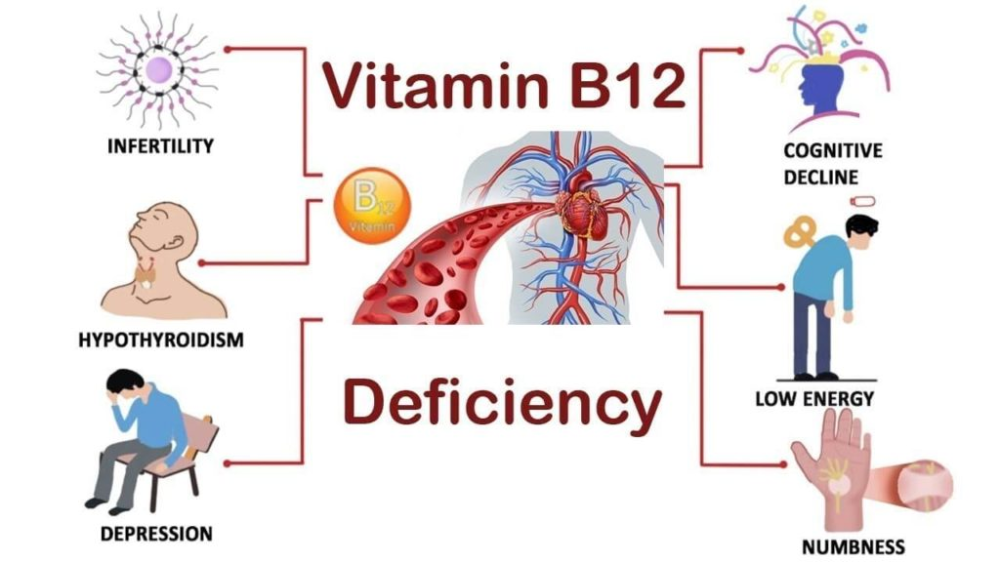
How long does it take to recover from Munchausen syndrome?
Munchausen syndrome doesn’t have a clear cure. If you have the syndrome, it’s likely that you’ll have to manage it the rest of your life, with support from your healthcare providers.
Prevention
Can Munchausen syndrome be prevented?
There is no known way to prevent this disorder. However, it might be helpful to begin treatment as soon as you begin to have symptoms.
Outlook / Prognosis
What is the prognosis (outlook) for people with Munchausen syndrome?
You might suffer only a single episode of symptoms. In most cases, however, the disorder is a recurring condition that can be very difficult to treat. You might deny faking the symptoms and will not seek or follow treatment. Even with treatment, it is more realistic to work toward managing the disorder rather than to try curing it. Avoiding unnecessary, inappropriate admissions to the hospital, testing, or treatment is important.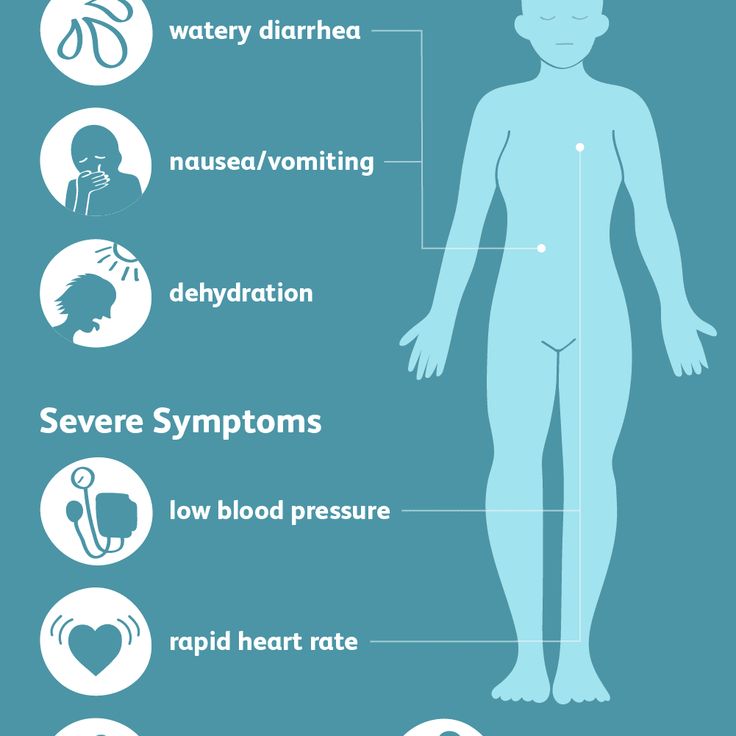
Living With
How do I take care of myself?
Do exactly what your healthcare providers recommend. Attend your appointments and take your medications. Be honest with your healthcare providers regarding any appointments and/or hospitalizations you may have had.
How can my family and friends help?
Educate your family and friends about Munchausen syndrome and explain your symptoms. Ask them to keep you accountable as you recover. It might be helpful to have them dispense your medication and make sure that you attend your healthcare appointments.
When should I see my healthcare provider?
If you have Munchausen syndrome symptoms then you should see your healthcare provider about it as soon as possible. The sooner you get help, the less likely you are to cause harm to yourself.
What questions should I ask my heaflthcare provider?
- Do I have a related mental illness such as depression or a personality disorder?
- Can you recommend a psychiatrist?
- Can you recommend a therapist?
- What medications should I take?
- What treatment is best for me?
- How often should I return to see you for treatment?
A note from Cleveland Clinic
If you have Munchausen syndrome then you likely have a deep need for attention – perhaps attention you never got as a child – a need to feel important and a goal to find a place where you “belong. ”
”
Munchausen syndrome is a dangerous disease because of the risk of self-harm. People have injured themselves in an attempt to get attention and sympathy. This is behavior that needs immediate treatment. Do your best to have insight into your own actions and don’t lie to your family and healthcare providers regarding your behaviors. Get help. Your healthcare providers want what’s best for you.
If you’re harming yourself, or having thoughts about harming yourself, you should immediately contact a healthcare provider.
Munchausen syndrome: Symptoms, Treatment & Definition
Overview
What is Munchausen syndrome (factitious disorder imposed on self)?
Munchausen syndrome (also known as factitious disorder imposed on self) is a mental health disorder where you falsify, exaggerate, or induce physical, emotional or cognitive disorders.
People with factitious disorders act this way because of an inner need to be seen as ill or injured, not to achieve a concrete benefit, such as getting medications or financial gain.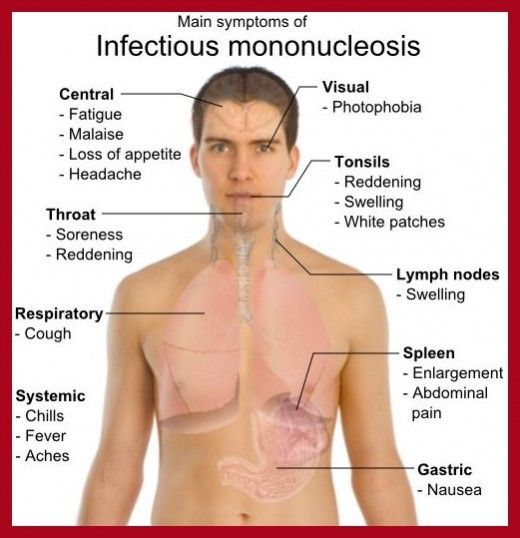 This is distinguishable from malingering which is where someone exaggerates or fakes an illness to, for example, get out of work.
This is distinguishable from malingering which is where someone exaggerates or fakes an illness to, for example, get out of work.
If you have Munchausen syndrome, you may undergo painful or risky medical tests and operations in order to get the sympathy and special attention given to people who are truly ill. You may secretly injure yourself to cause signs of illness. You may add blood to your urine, or use a rubber band to cut off circulation to a limb. Some people will cut or burn themselves, poison themselves, reopen wounds, rub feces or dirt into a wound to cause infection, or eat food contaminated with bacteria.
Munchausen Syndrome is named after Baron von Munchausen, an 18th century German officer who was known for embellishing the stories of his life and experiences. Most symptoms in people with this disorder are related to physical illness — symptoms such as chest pain, stomach problems, or fever — rather than those of a mental disorder. While some symptoms are self-imposed, others are exaggerated.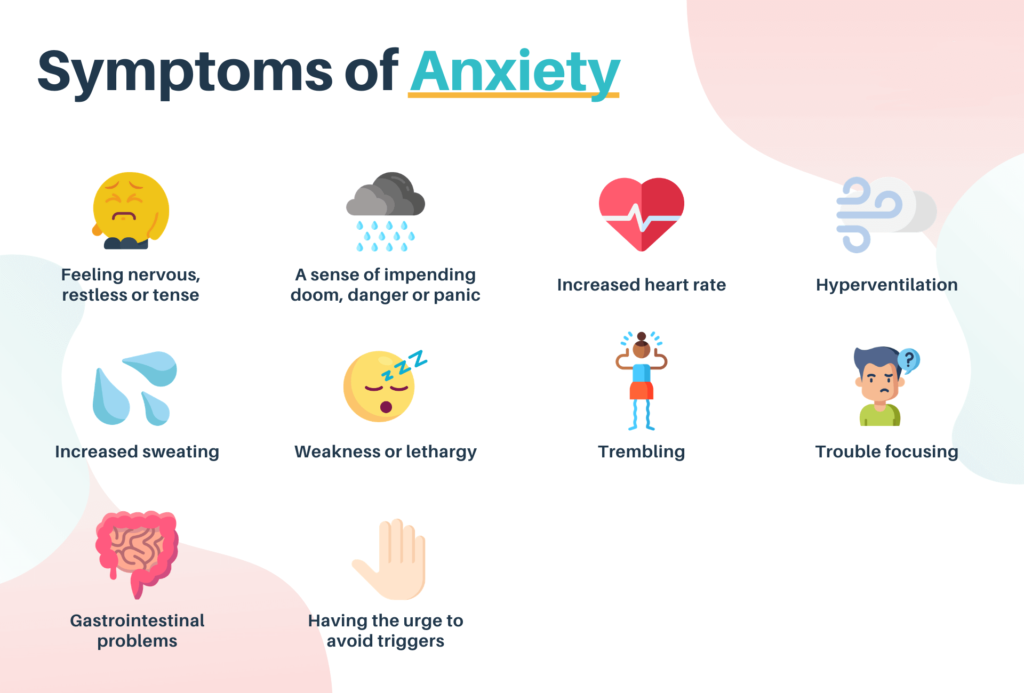 For example, you may embellish symptoms about vision loss, seizures, joint pain, headaches, weakness, vomiting and diarrhea.
For example, you may embellish symptoms about vision loss, seizures, joint pain, headaches, weakness, vomiting and diarrhea.
How common is Munchausen syndrome? Who is likely to get Munchausen syndrome?
Obtaining accurate statistics is difficult because of the dishonesty. In addition, people with this disorder tend to seek treatment at many different healthcare facilities, which causes misleading statistics. However, in a National Hospital Discharge Survey in 2013 there were 6.8 cases of a factitious disorder per 100,000 patients. It is unclear how many of those patients had Munchausen syndrome, specifically.
Researchers have noted that females who work in the healthcare community are most likely to have Munchausen syndrome. You’re at risk if you have borderline or histrionic personality traits or disorders.
What is the difference between Munchausen syndrome and Munchausen syndrome by proxy?
Munchausen syndrome by proxy (also known as factitious disorder imposed on another) is where you act like the person you’re caring for (a child, a disabled individual, or an older person, for example) has a physical or mental illness while the person is not actually sick. This is a form of child or elder abuse.
This is a form of child or elder abuse.
Munchausen syndrome is pretending you have an illness. By proxy is pretending your dependent has an illness.
What is Munchausen syndrome by internet?
The online community has groups for people with physical and mental/emotional health issues. They’re meant to be a safe place where people who have a disorder can come together and discuss their difficulties, share tips and provide support. Examples of support groups include those for leukemia patients, cancer patients and cystic fibrosis patients.
Sometimes people join the groups and pretend to be sick. If you have Munchausen syndrome by internet, you might do the following:
- Say you have symptoms that are far more severe than anyone else’s.
- Claim to have nearly died and had a miraculous recovery.
- Paste information copied from a health website into your posts.
- Contradict yourself.
- Lie about what hospital you attend, what medicines you take, etc.
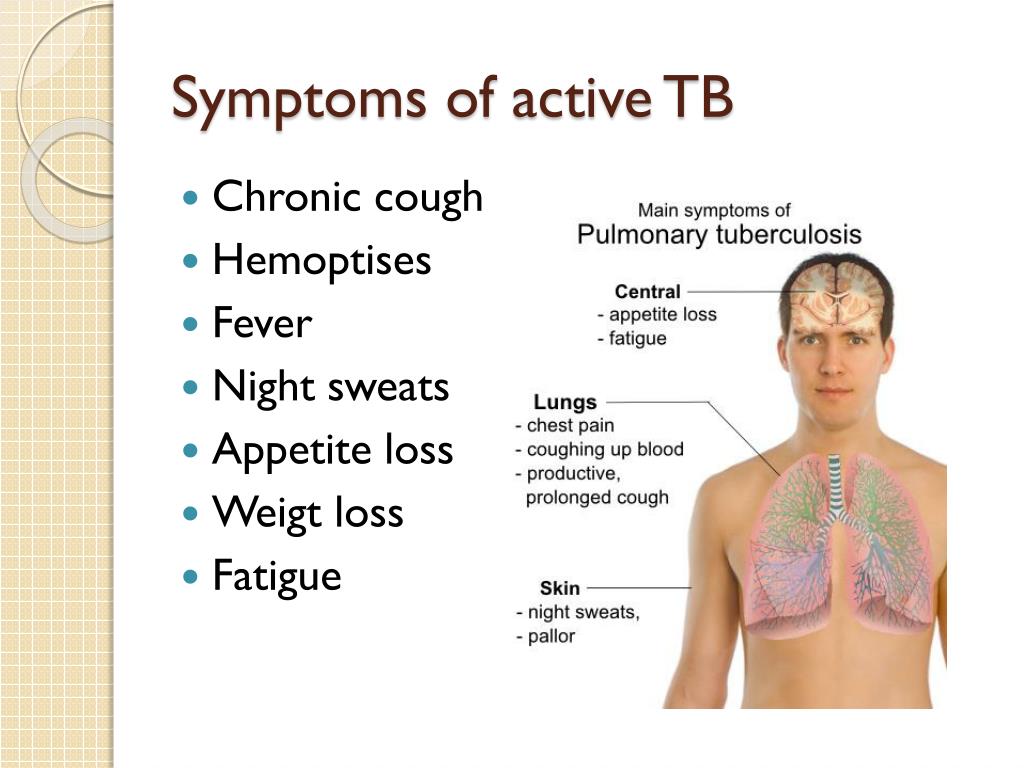
- Claim to have something dramatic going on in your life, repeatedly. You may lie about being the victim of crime, or a loved one’s death, etc.
- Try to get the focus back on you when someone else in the group is getting attention.
- Pretend to be blasé or nonchalant (unconcerned or carefree) about your symptoms.
- Pretend to be someone else posting on your behalf. You might claim to be a partner, parent or friend reporting on your symptoms.
If you do this and get caught, this can have a negative impact on the community. The members feel betrayed and angry and may leave the group, losing out on the support that they need.
Symptoms and Causes
What causes Munchausen syndrome?
The exact cause is not known, but researchers believe psychological factors play a role in the development of this syndrome. Some theories suggest that a history of abuse or neglect as a child, or a history of frequent illnesses requiring hospitalization, might be factors associated with the development of this syndrome. Other triggers might be experiencing the death of a loved one at a young age and abandonment. Researchers are also studying the possible link with personality disorders, which are common in these individuals.
Other triggers might be experiencing the death of a loved one at a young age and abandonment. Researchers are also studying the possible link with personality disorders, which are common in these individuals.
Is Munchausen syndrome hereditary?
Research does not show a link between Munchausen syndrome and genetics.
What are the symptoms of Munchausen syndrome?
If you have Munchausen syndrome, then you deliberately produce or exaggerate symptoms in several ways. You may lie about or fake symptoms, hurt yourself to bring on the symptoms, or alter diagnostic tests (such as contaminating a urine sample). Possible warning signs of Munchausen syndrome include the following:
- Dramatic but inconsistent medical history. Unclear symptoms that are not controllable and that become more severe or change once treatment has begun.
- Problems with identity and self-esteem.
- Predictable relapses following improvement in the condition.
- Extensive knowledge of hospitals and/or medical terminology, as well as the textbook descriptions of illnesses.
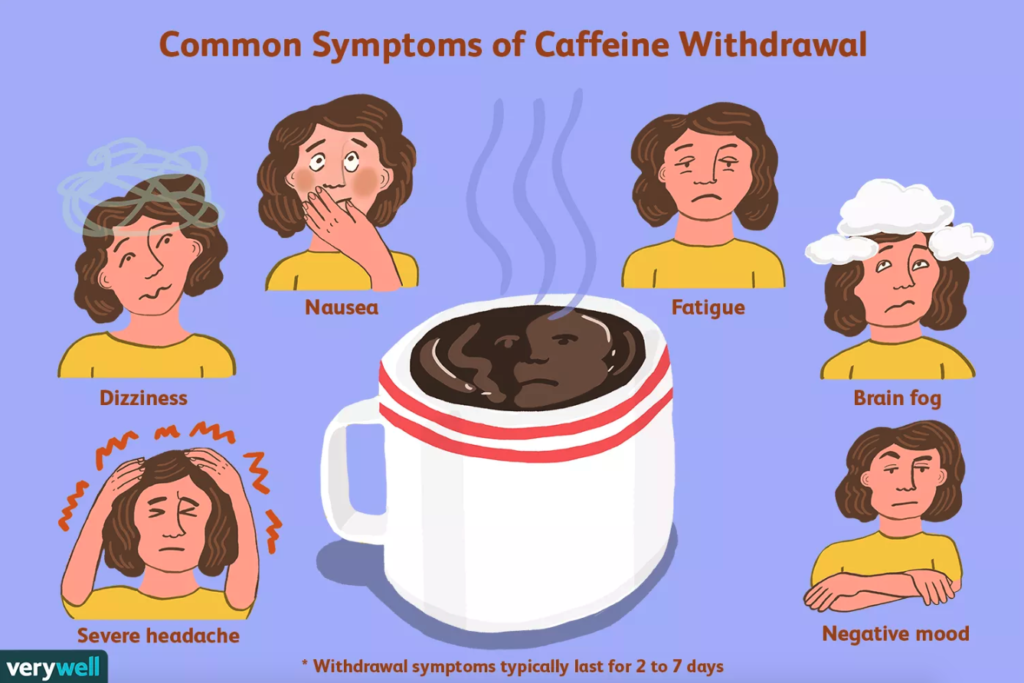 Medical knowledge may be quite extensive from many hospitalizations, or from a prior job.
Medical knowledge may be quite extensive from many hospitalizations, or from a prior job. - Presence of multiple surgical scars.
- Appearance of new or additional symptoms following negative test results.
- Presence of symptoms only when the patient is alone or not being observed (e.g. seizures or passing out).
- Willingness or eagerness to have medical tests, operations, or other procedures. More comfortable being in the hospital than you might think.
- History of seeking treatment at numerous hospitals, clinics and doctors' offices, possibly even in different cities.
- Reluctance by the patient to allow healthcare professionals to meet with or talk to family, friends, or prior healthcare providers.
Some individuals may put blood in their urine, inject themselves with feces, rub dirt into their IV lines, or put tight rubber bands around an arm or leg. They may pretend to swallow their medications but store them in their cheeks and spit them out later.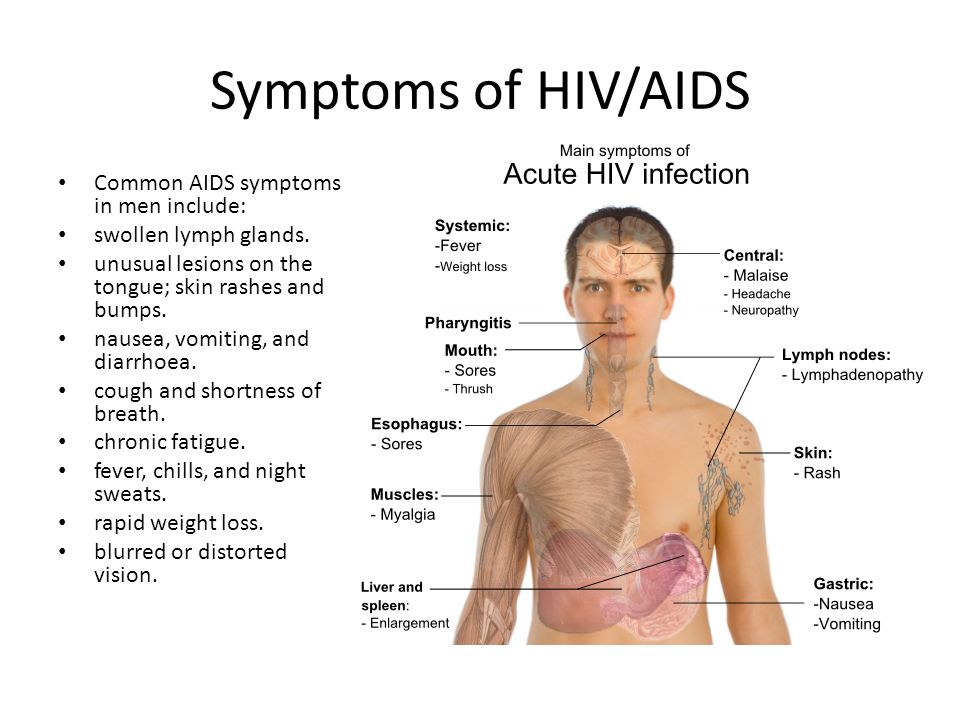 Deliberate dehydration has also been observed.
Deliberate dehydration has also been observed.
Diagnosis and Tests
How is factitious disorder imposed on self (Munchausen syndrome) diagnosed?
Diagnosing is very difficult because of the dishonesty and multiple health care providers involved. Healthcare providers must rule out any possible physical and mental illnesses, and often use a variety of diagnostic tests and procedures before considering this diagnosis.
If your healthcare provider finds your symptoms medically unexplainable, he or she might refer you to a psychiatrist or psychologist — mental health professionals who are specially trained to diagnose and treat mental illnesses. Psychiatrists and psychologists use a thorough medical history, physical history, laboratory imagery and psychological assessment tools to evaluate. Your healthcare provider bases his or her diagnosis on the exclusion of actual physical or other psychiatric disorders and his or her observations of your attitude and behavior.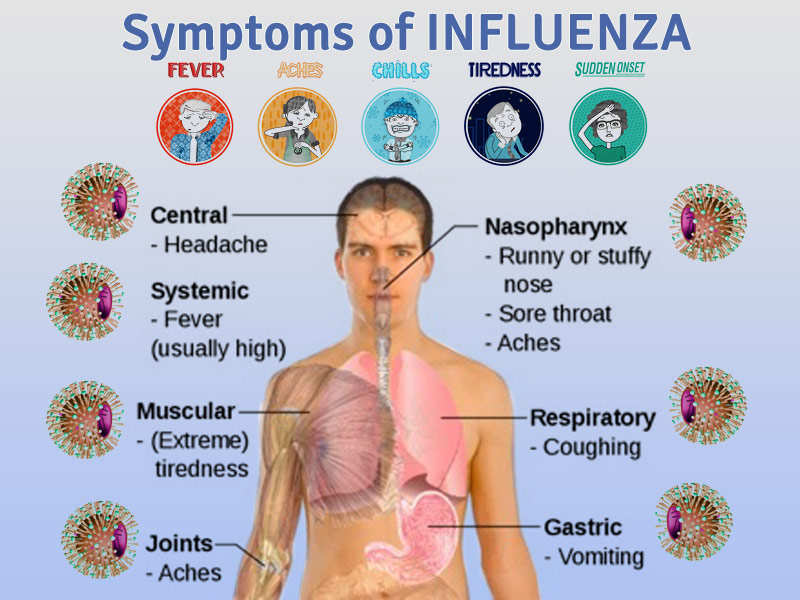 However, personality concerns are prominent and can make it that much more confusing to sort out what’s real and what isn’t. If you are hospitalized, you may work with a variety of healthcare providers to help determine a comprehensive care plan.
However, personality concerns are prominent and can make it that much more confusing to sort out what’s real and what isn’t. If you are hospitalized, you may work with a variety of healthcare providers to help determine a comprehensive care plan.
Your healthcare provider then determines if your symptoms compare to the criteria as outlined in the Diagnostic and Statistical Manual of Mental Disorders, Fifth Edition (DSM-5), which is the standard reference book for recognized mental illnesses in the United States.
Management and Treatment
How is Munchausen syndrome treated?
If you have this syndrome, you actively seek treatment for various disorders, and you’re also often unwilling to admit to and seek treatment for the syndrome itself. This makes treating this syndrome very challenging, and the outlook for recovery poor. If caretakers can protect you from self-harm and educate you about the consequences that can occur, it may be helpful. Trying to reduce your care through only one physician, or two working closely together (psychiatrist and internist, for example), is also suggested.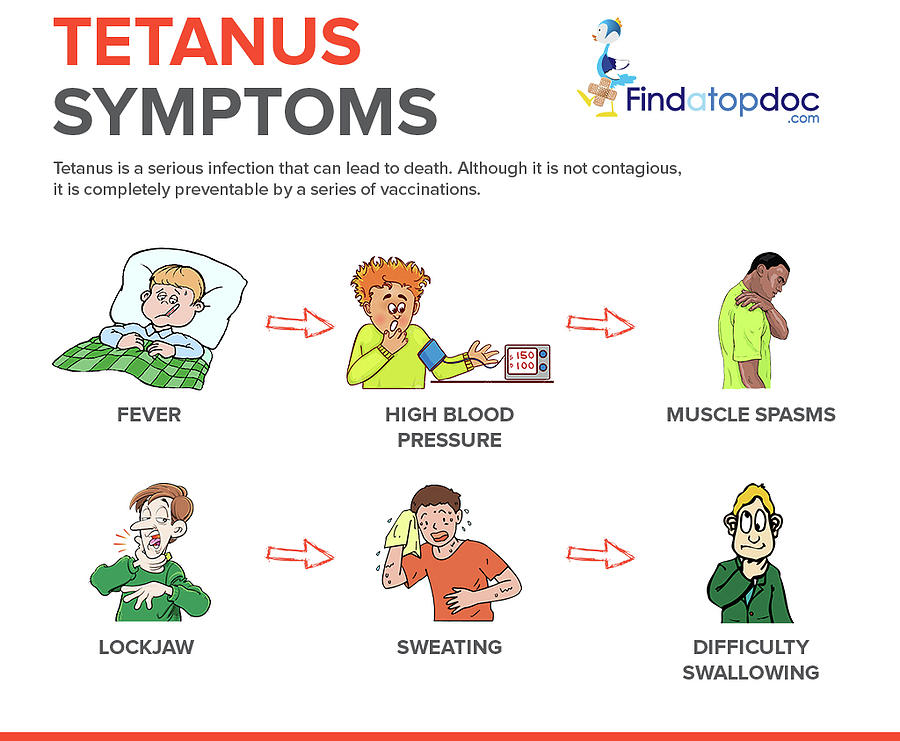
When treatment is sought, the first goal is to modify your behavior and reduce your misuse or overuse of medical resources. Once this goal is met, treatment aims to work out any underlying psychological issues that might be causing your behavior or help you find solutions to other social needs.
The primary treatment for Munchausen syndrome is psychotherapy (a type of counseling). Treatment will focus on changing your thinking and behavior (cognitive-behavioral therapy). Family therapy also might be helpful in teaching your family members more about Munchausen Syndrome. Group therapy may reduce feelings of isolation or feelings that no one cares for you. There are no antidepressant or antipsychotic medications known to be helpful.
What medicines may help with Munchausen syndrome?
There are no medicines to treat factitious disorders themselves. Medicine might be used, however, to treat a related disorder — such as depression or anxiety. The use of medicines must be carefully monitored due to the risk that the drugs might never be picked up from the pharmacy or might be used in a harmful way.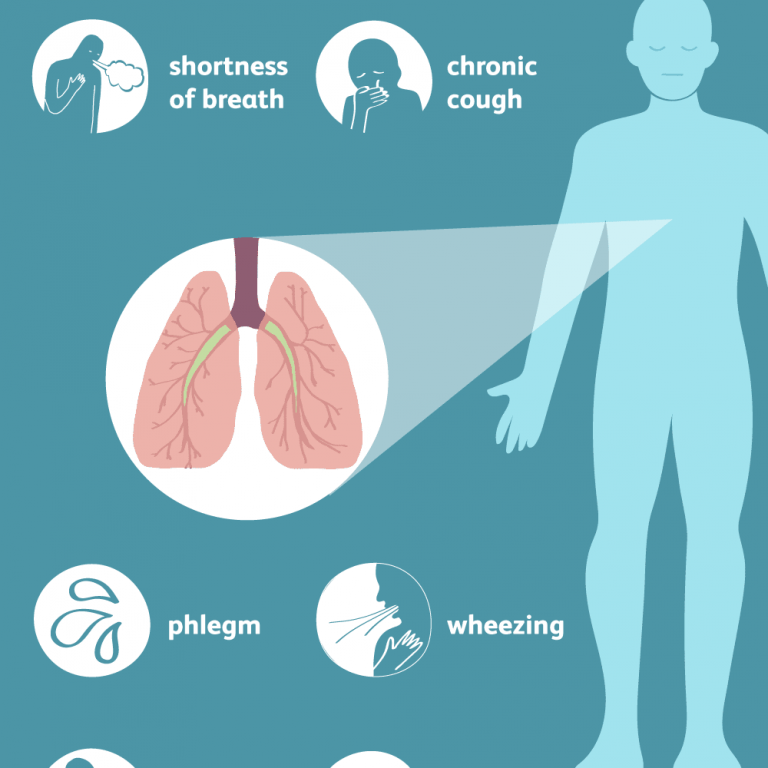
What are the complications of Munchausen syndrome?
You’re at risk for health problems (or even death) associated with hurting yourself or otherwise causing symptoms. In addition, you might suffer from reactions or health problems associated with multiple tests, procedures and treatments and are at high risk for substance abuse and suicide attempts.
How long does it take to recover from Munchausen syndrome?
Munchausen syndrome doesn’t have a clear cure. If you have the syndrome, it’s likely that you’ll have to manage it the rest of your life, with support from your healthcare providers.
Prevention
Can Munchausen syndrome be prevented?
There is no known way to prevent this disorder. However, it might be helpful to begin treatment as soon as you begin to have symptoms.
Outlook / Prognosis
What is the prognosis (outlook) for people with Munchausen syndrome?
You might suffer only a single episode of symptoms. In most cases, however, the disorder is a recurring condition that can be very difficult to treat.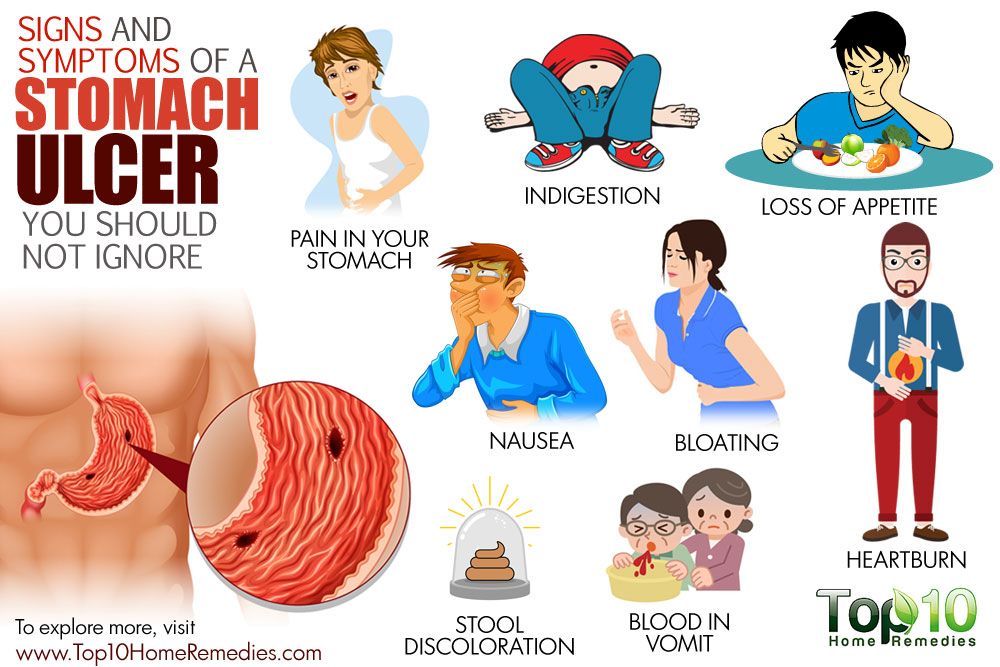 You might deny faking the symptoms and will not seek or follow treatment. Even with treatment, it is more realistic to work toward managing the disorder rather than to try curing it. Avoiding unnecessary, inappropriate admissions to the hospital, testing, or treatment is important.
You might deny faking the symptoms and will not seek or follow treatment. Even with treatment, it is more realistic to work toward managing the disorder rather than to try curing it. Avoiding unnecessary, inappropriate admissions to the hospital, testing, or treatment is important.
Living With
How do I take care of myself?
Do exactly what your healthcare providers recommend. Attend your appointments and take your medications. Be honest with your healthcare providers regarding any appointments and/or hospitalizations you may have had.
How can my family and friends help?
Educate your family and friends about Munchausen syndrome and explain your symptoms. Ask them to keep you accountable as you recover. It might be helpful to have them dispense your medication and make sure that you attend your healthcare appointments.
When should I see my healthcare provider?
If you have Munchausen syndrome symptoms then you should see your healthcare provider about it as soon as possible. The sooner you get help, the less likely you are to cause harm to yourself.
The sooner you get help, the less likely you are to cause harm to yourself.
What questions should I ask my heaflthcare provider?
- Do I have a related mental illness such as depression or a personality disorder?
- Can you recommend a psychiatrist?
- Can you recommend a therapist?
- What medications should I take?
- What treatment is best for me?
- How often should I return to see you for treatment?
A note from Cleveland Clinic
If you have Munchausen syndrome then you likely have a deep need for attention – perhaps attention you never got as a child – a need to feel important and a goal to find a place where you “belong.”
Munchausen syndrome is a dangerous disease because of the risk of self-harm. People have injured themselves in an attempt to get attention and sympathy. This is behavior that needs immediate treatment. Do your best to have insight into your own actions and don’t lie to your family and healthcare providers regarding your behaviors. Get help. Your healthcare providers want what’s best for you.
Get help. Your healthcare providers want what’s best for you.
If you’re harming yourself, or having thoughts about harming yourself, you should immediately contact a healthcare provider.
Munchausen Syndrome: Causes, Symptoms, Treatment | doc.ua
Munchausen's syndrome is a feigned disorder during which a person exaggerates, simulates or artificially causes any symptoms of the disease in himself in order to attract attention and undergo treatment, surgery, hospitalization. People diagnosed with Munchausen's syndrome can harm themselves to simulate the disease, can fake tests, agree to very risky operations, deceive relatives and doctors in order to get attention, sympathy and compassion. nine0005
Attention!
Here you can choose a doctor who treats Munchausen Syndrome If you are not sure about the diagnosis, make an appointment with a general practitioner or general practitioner to clarify the diagnosis.
Articles on the theme of Munchausen syndrome:
Causes
Symptoms
Diagnostics
Treatment
Which Munchausen Syndrome
home), remote (video, audio, text) - Phone, Skype, Viber, WhatsApp, Messenger, Telegram, Instagram, Facebook. Specialization: depression, anxiety, fear, panic attacks, insomnia, irritability, VSD, bipolar disorder, schizophrenia, senile dementia, obsessive-compulsive disorder, neurosis, psychosis, alcoholism, drug addiction (see below for a complete list). Leading specialist of the Center for Psychotherapy. Work experience as the head of the department in the clinical hospital "Feofaniya". Doctor of the highest category. Psychotherapist, psychiatrist, psychologist, narcologist. Experience 29years..
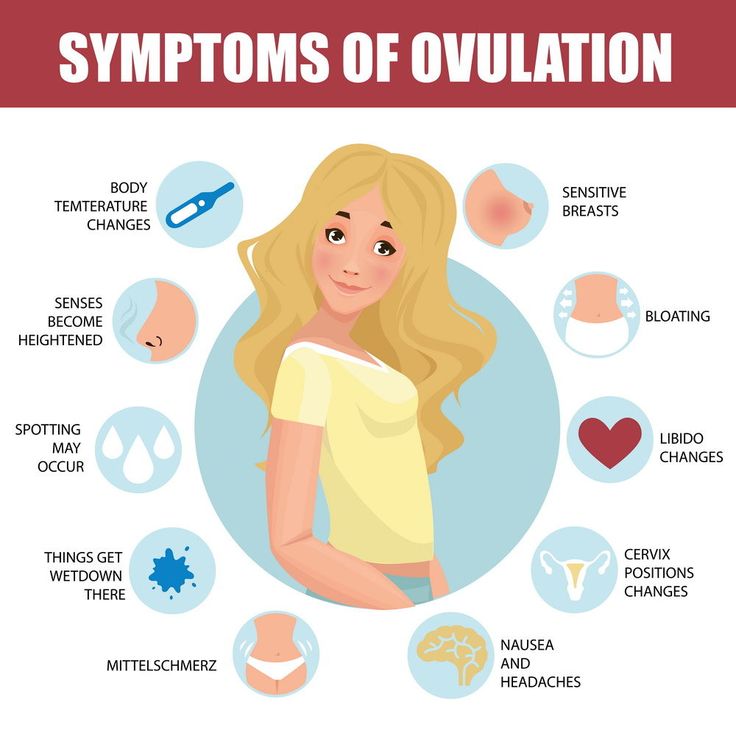 .
. Psychotherapy Center
Online appointment only!
st. Khmelnitskaya, 10, office B8-2 on the map
Svyatoshinsky. Academgorodod
4450 UAH
Calling to the house
Pre -entry
Select the desired time and wait for confirmation
W WEDS December 0074 15:00
Irina Nikolaevna a psychiatrist of the highest category with experience for more than 20 years. Specializes in the treatment of mood disorders, depression, anxiety and panic disorders, obsessive-compulsive disorders, dementia, schizophrenia and others.0005
Specializes in the treatment of mood disorders, depression, anxiety and panic disorders, obsessive-compulsive disorders, dementia, schizophrenia and others.0005
W December 20 CP December 21 Thus December 22 Keyboard_arrow_right
- 14:30
- 15:30
Multidisciplinary complex of psychiatry and narcology "Renaissance-Kyiv"
Online consultation (Viber, Whatsapp, Telegram, Skype, ZOOM) Consultation 30 min.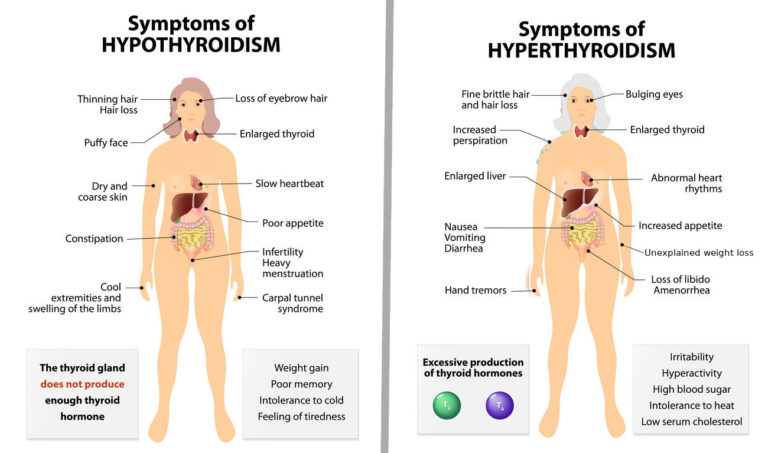 - 1100 UAH 45 min. -1400 UAH 60 min. - 1700 UAH Package "Premium" (Psychodiagnostics, Testing, Individual psychotherapy, Treatment prescription, Support during treatment) - 3400 UAH. Coding from alcoholism — 4900 UAH. Consultation in English 45 min.—3000 UAH. Field consultation - 3500 UAH.
- 1100 UAH 45 min. -1400 UAH 60 min. - 1700 UAH Package "Premium" (Psychodiagnostics, Testing, Individual psychotherapy, Treatment prescription, Support during treatment) - 3400 UAH. Coding from alcoholism — 4900 UAH. Consultation in English 45 min.—3000 UAH. Field consultation - 3500 UAH.
st. Ozernaya, 3 on the map
Darnytskyi. Slavutich
1400 UAH
Calling to the house
Pre -entry
Select the desired time and wait for confirmation
W December 20, December , December 22, Keyboard_ARIT_RIGHT 9007 15:00
 This disease should also not be confused with hypochondria, in which patients believe that they are really sick. Patients with Munchausen syndrome are well aware that they are not sick, but at the same time they really want to get sick, or else make everyone around believe it. nine0005
This disease should also not be confused with hypochondria, in which patients believe that they are really sick. Patients with Munchausen syndrome are well aware that they are not sick, but at the same time they really want to get sick, or else make everyone around believe it. nine0005 Munchausen's syndrome is an intractable, poorly understood and very serious disease. But, nevertheless, adequate good medical care can prevent serious harm that people inflict on themselves during the simulation.
Causes
The psychology of Munchausen syndrome is unknown. Perhaps the reason lies in the personal experience of a person who once suffered from some serious illness in childhood, thereby attracting the attention of relatives to himself. Maybe one of the patient's relatives was seriously ill, and he got all the care and attention of others. There is an opinion that the syndrome is associated with childhood abuse or trauma. nine0005
There are factors that can increase the risk of developing the syndrome:
- past mental trauma in early childhood;
- violence;
- a very serious illness that was suffered in childhood;
- the presence of a loved one who suffered from a serious illness;
- loss of a loved one by death;
- reduced sense of self-esteem and identity;
- unfulfilled dream of becoming a nurse or doctor; nine0034
- personality disorders.

Surprising is the fact that men predominate among patients. The syndrome is considered more common among middle-aged and young people. This syndrome, although it is considered a rare disease, still no one knows at what point the patient skillfully simulates the disease, while confusing the concerned doctors.
In order to avoid ridicule and publicity in case of failure, some patients use other people's names. Some, for example, constantly visit various clinics in order to receive attention from each doctor, but do not give them time to reveal the simulation. The rest are so deep into the essence that it is impossible to figure them out - such people achieve unnecessary operations for them and, at the same time, long-term hospitalization. nine0005
Sometimes patients constantly simulate the same disease, honing their ability to imitate symptoms over time, at the same time they read the literature on diseases.
Delegated Munchausen's syndrome is a more terrible form of this syndrome, in which a person harms his loved ones so that they get sick, and the patient, in turn, receives compassion and sympathy for the fact that his loved one is very sick.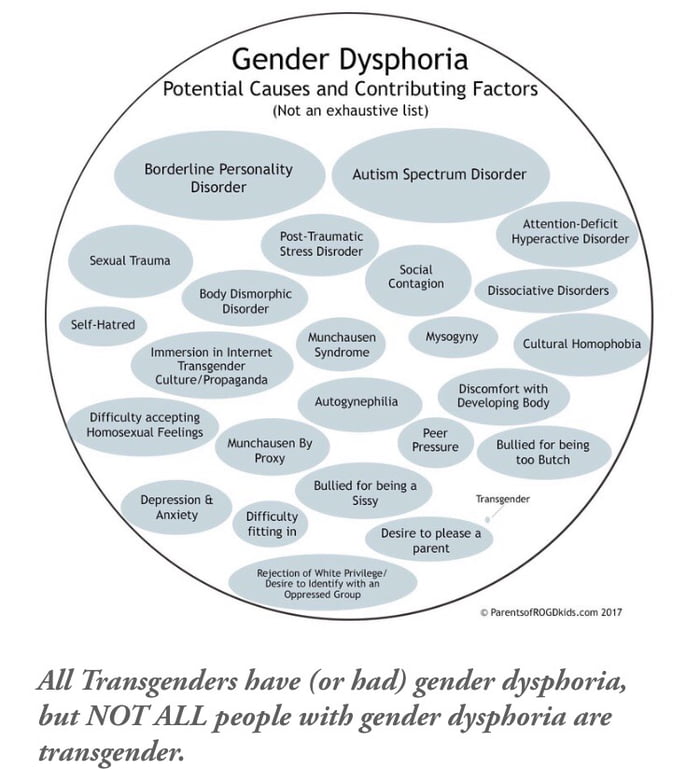 Such patients are able to poison and catch colds of their children, just to get more attention from doctors and loved ones. nine0005
Such patients are able to poison and catch colds of their children, just to get more attention from doctors and loved ones. nine0005
Symptoms
The symptoms of Munchausen syndrome are as follows:
- very frequent unnecessary hospitalizations;
- a sharp deterioration in health for no apparent reason;
- inconsistent or indeterminate symptoms;
- fairly frequent visits to different hospitals and different doctors;
- stories about their problems are full of drama;
- ardent desire to undergo risky operations and tests;
- very good knowledge of diseases and medical terminology; nine0034
- requests for painkillers or other medicines;
- unwillingness for professionals to talk to family and friends;
- bickering with hospital staff.
Diagnosis
For a person to be diagnosed with Münghausen's syndrome, the Psychiatric Association recommends the following criteria:

Treatment
The treatment of Munchausen's syndrome is quite difficult, as there are no approved standards for the treatment of this disease. Patients with this syndrome enjoy being "sick" very much, which is why they usually do not want to be treated by a psychotherapist.
But, nevertheless, with a professional gentle approach, the patient may agree to treatment by a psychiatrist. Such treatment usually includes family therapy and counseling. Medications are prescribed for concomitant psychiatric diseases. In especially severe cases, the patient needs hospitalization, as he is able to harm himself and other people. nine0005
When looking for drugs to treat a disorder, you should consult with your doctor. You can order medicines online on our website.
You may be interested in
What is Munchausen syndrome?
Munchausen's syndrome is a severe chronic disorder in which a person deliberately feigns symptoms of disease and self-mutilates in order to undergo medical treatment and examinations.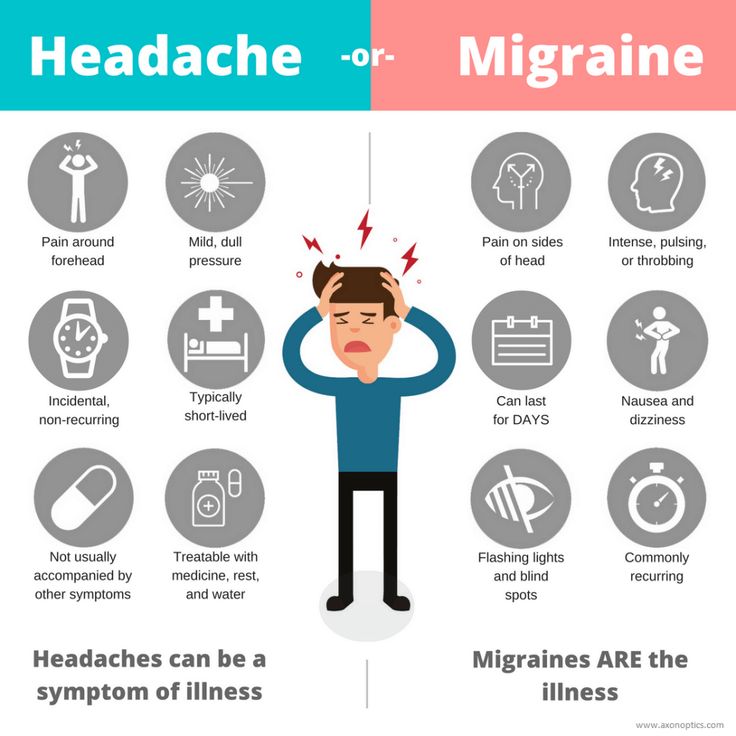 Sometimes patients with this syndrome so carefully simulate the presence of diseases that they themselves begin to believe in them. Usually such people have a long history of examinations due to simulated symptoms. nine0005
Sometimes patients with this syndrome so carefully simulate the presence of diseases that they themselves begin to believe in them. Usually such people have a long history of examinations due to simulated symptoms. nine0005
The syndrome was named after Carl Friedrich Hieronymus, Baron von Munchausen, who is famous for stories of his fictional exploits. The term itself was coined by Richard Asher when, in 1951, he first described patients who feigned their symptoms.
Causes of Munchausen syndrome
Experts agree that the simulation of the disease allows a person with Munchausen's syndrome to surround himself with care and attention, which he does not receive in ordinary life. The causes of the syndrome are not fully understood. There are many assumptions, and all of them are built solely around psychological reasons. One of them is that this disease develops due to a lack of attention and care in childhood. Often the disorder manifests itself against the background of psychological trauma received in childhood, for example, due to the experience of violence or neglect of the needs of the child. Such a person is very afraid of being left without attention, sympathy and pity. However, if you simply surround him with care, this will not help, since this is a stable mental disorder. nine0005
Such a person is very afraid of being left without attention, sympathy and pity. However, if you simply surround him with care, this will not help, since this is a stable mental disorder. nine0005
Patients with Munchausen syndrome often behave aggressively if they do not receive the attention they need and if others treat their symptoms with distrust.
Another alleged cause of Munchausen's syndrome is, on the contrary, a consequence of overprotection. There is an observation that this syndrome is more likely to affect people who were sick a lot in childhood and adolescence. It can also be a symptom of other personality disorders, such as anxiety disorder, narcissistic disorder, or sociopathy. nine0005
Symptoms of Munchausen's syndrome
Patients with Munchausen's syndrome often behave aggressively if they do not receive the attention they need and if others treat their symptoms with distrust. Such a patient can constantly change doctors until he finds one who will give him the desired diagnosis.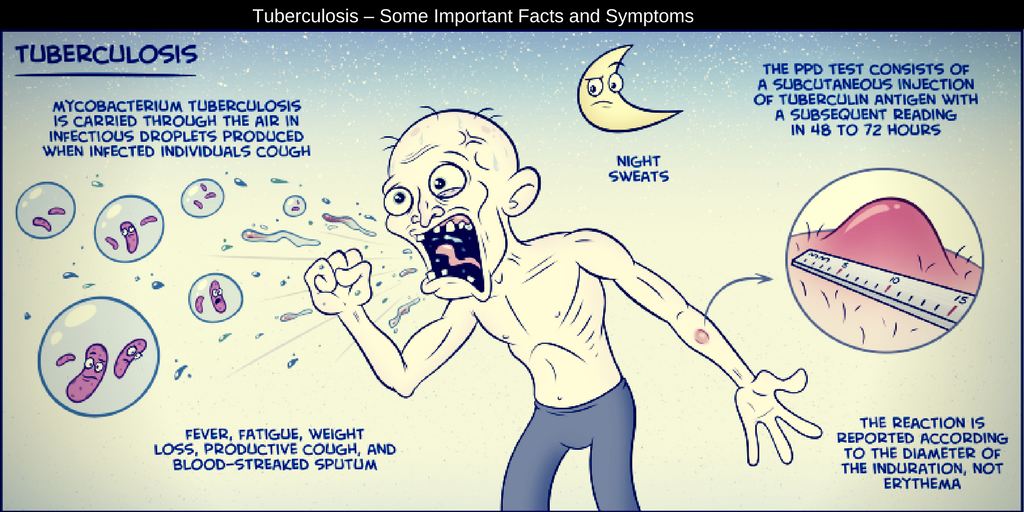 The patient sometimes causes harm or pain to himself in order to make his suffering look as believable as possible. People affected by this disease are even able to fake tests, for example, by adding extraneous fluids and dirt to urine samples. nine0005
The patient sometimes causes harm or pain to himself in order to make his suffering look as believable as possible. People affected by this disease are even able to fake tests, for example, by adding extraneous fluids and dirt to urine samples. nine0005
See also
Myths about diagnosing mental illness
Such people constantly experience an obsessive, persistent desire to be examined by doctors and seek hospitalization. They have an urgent need to be taken care of and given a lot of attention, and they show this through the need for treatment. Even when a patient with Munchausen's syndrome is proved that his symptoms are artificial and far-fetched, he denies this in every possible way and continues to demand treatment or hospitalization. Outwardly, Munchausen's syndrome can be easily confused with hypochondria. However, with hypochondria, a person worries about himself and his condition, and with Munchausen's syndrome, all his actions are aimed at causing illness in himself and thereby attracting the attention of others. nine0005
nine0005
Delegated Munchausen syndrome
There is another similar condition called “Munchausen's syndrome by proxy”. In this disorder, the patient creates or invents diseases in another person - in their child or in a vulnerable adult, such as a disabled person. In most cases, this is done by women in relation to their children and husbands. In this case, the child or husband themselves may show the symptoms imposed on them and suffer from Munchausen's syndrome. nine0005
In order to cause symptoms in another person, patients with Munchausen syndrome can be very creative.
In 1977, a case was recorded when a woman feigned symptoms of hemiparesis (decreased muscle strength). At the same time, she artificially caused symptoms of diabetes in her daughter, and in her son she simulated convulsions with the help of promethazine. Now this disorder is called Pollet's syndrome. It applies to cases where a mother or caregiver injures or intentionally causes illness in a child. Parents who cause illness in children usually suffer from a lack of psychological support. nine0005
Parents who cause illness in children usually suffer from a lack of psychological support. nine0005
Patients with Munchausen syndrome can be very creative in order to evoke symptoms in another person. The most common artificially induced symptoms are bleeding, seizures, diarrhea, vomiting, poisoning, infections, choking, fever, allergies, and sudden infant death syndrome. In children, artificially induced diseases are usually difficult to treat. In addition, numerous checks and examinations may include procedures that are harmful to the health of the child. nine0005
Diagnosis of Munchausen syndrome
Diagnosing Munchausen's syndrome, like other feigning disorders, is rather problematic, since the patient tells lies about his condition and hides the real state of affairs. But the likely presence of the syndrome can be identified by paying attention to one or more features. This disorder can be suspected if the patient has an inconsistent medical history, and examination and tests do not confirm the symptoms that he complains about.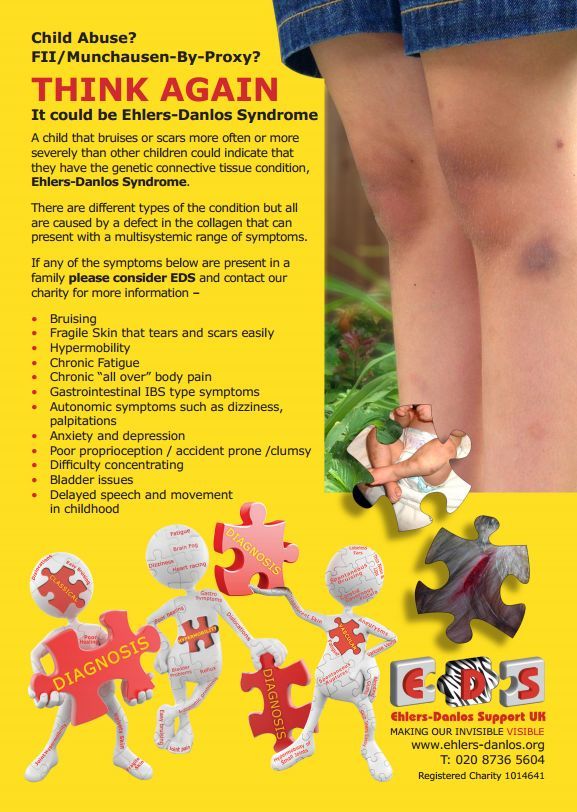 Sometimes a person can simply be caught faking tests or harming themselves. A patient suffering from Munchausen's syndrome may take drugs that can cause certain symptoms, and the symptoms themselves may appear only when no one is watching the person. nine0005
Sometimes a person can simply be caught faking tests or harming themselves. A patient suffering from Munchausen's syndrome may take drugs that can cause certain symptoms, and the symptoms themselves may appear only when no one is watching the person. nine0005
If the treatment prescribed by specialists does not bring results, one can suspect that the patient simply does not follow the doctor's orders. It is worth noting that people suffering from Munchausen's syndrome usually have deep medical knowledge, use a lot of terms in their speech and quote descriptions of diseases from textbooks and encyclopedias. They may insist on getting into hospital treatment, explaining that the hospital is much more convenient than at home.
nine0281Most patients with Munchausen syndrome refuse to admit that they have a mental problem and do not want to solve it.
In small towns and small countries such as Israel, as a rule, Munchausen's syndrome is detected quite quickly, because everyone knows such patients. They go to the same doctors and end up in the same hospitals, so information about patients with this syndrome spreads very quickly. nine0005
They go to the same doctors and end up in the same hospitals, so information about patients with this syndrome spreads very quickly. nine0005
Treatment of Munchausen's syndrome
Patients in whom Munchausen's syndrome can be identified are first sent for examination and treatment to a psychiatrist. Patients are usually offended by this and they refuse to visit a specialist. They continue to go to hospitals, convince doctors of the veracity of their symptoms and illnesses, and demand treatment.
See also
Why do we need a psychotherapist?

